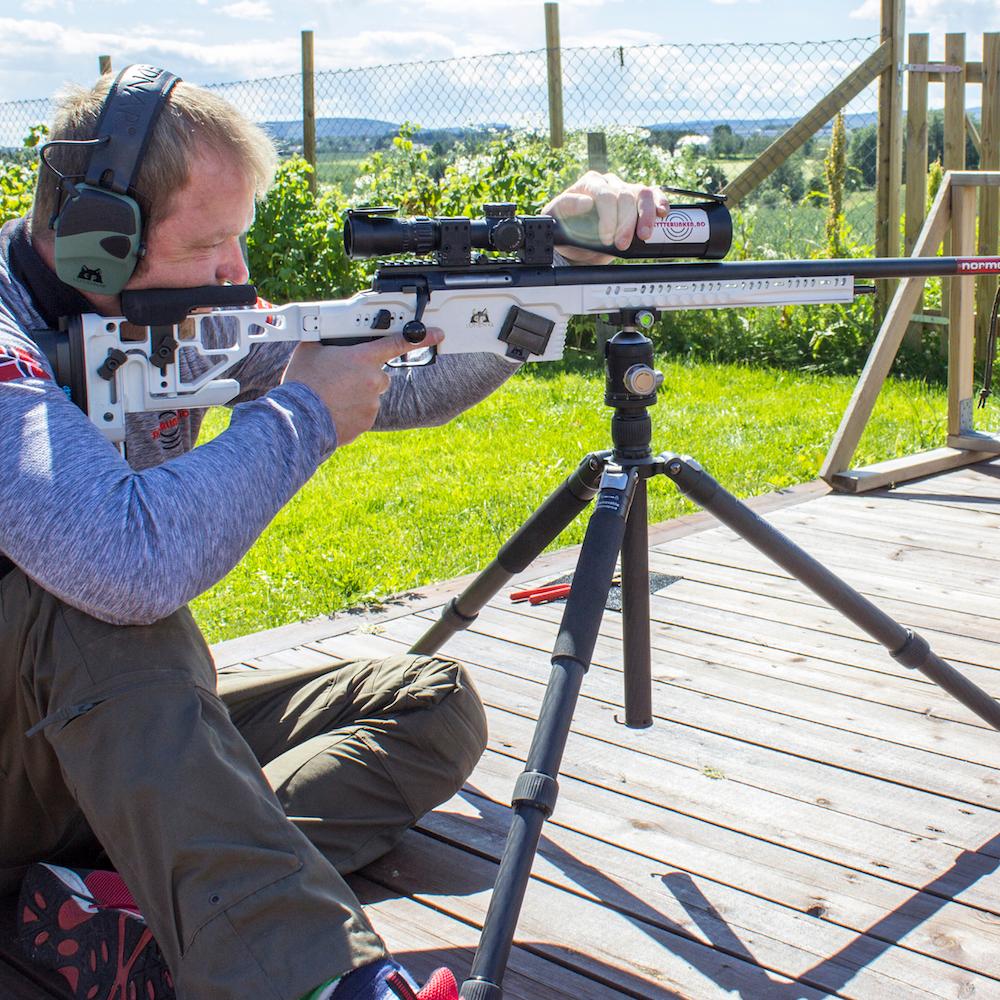Ringing Steel at 500, 1000, 1500+ Yards: Before, During, and After
April 16th, 2021 by BALLISTIC

Those first times shooting long-range distances can be intimidating. It’s so…far! And the target looks so small!
“But, remember, if you can hit at 100 yards, you can hit at 1,000 yards,” said veteran long-range shooting competitor Curt Vaughn. “It just takes practice, study and determination.”
Before a new shooter even gets to the range, Vaughn, who owns Vaughn Precision, a custom gunsmithing and reloading operation, suggested the shooter do some “studying.”
“There are a lot of great resources out there on the web and YouTube that will help a new shooter understand the ballistics and in-depth details of long-range shots,” Vaughn noted. “The more information you have, the better off you will be for distance shooting. Learning internal and external ballistics of your specific rifle, for example, is a must for any long-range shooter.”
Of course, Ballistic and its huge load library will be a great help in understanding those ballistics and their application to your specific rifle. Setting up a Bullet Profile for the load or loads you will be using is the first step to creating, accessing and understanding this all-important data.
Contrary to what many think, long-range shooting actually starts at 100 yards. At this distance, a shooter can practice his or her shooting mechanics while also getting their rifle zeroed. Once the shooter pegs solid groups at 100 yards, they should move on the longer distances in 100-yard increments, gaining confidence and experience as the distances increase.
When it’s time to do the actual long-range shooting, in competition or while hunting?
“Breath and trigger control can make or break a shot,” Vaughn said. “Be calm, slow your breath, squeeze the trigger and let the shot and recoil come as a surprise. Focus on steady, focus on the calm, picture where that bullet will impact!”
He also recommended taking notes while shooting; notes that include information on the weather, hits and misses, and problems and break-throughs.
“Go home and reflect on your shooting. Were you on your game that day? Could you have calmed down more? Could you have found a better way to set up the rest? Thinking about these things can bring to light some often simple, yet overlooked, things that can really make or break a day at the range, in a competition or during a hunt!”


Leave a Reply